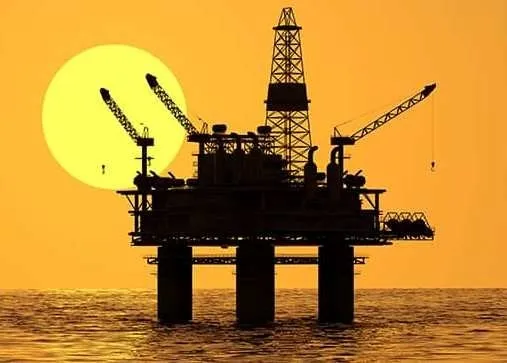IEA Doubles Down on Its Forecast of Peak Oil and Gas Demand by 2030
Demand for oil, natural gas, and coal is set to peak by the end of the decade, the International Energy Agency (IEA) said on Wednesday, reaffirming its forecast from last year that all three fossil fuels will have seen peak demand by 2030.
The world is moving fast toward the Age of Electricity, IEA Executive Director Fatih Birol said, commenting on the agency’s new World Energy Outlook 2024 report out today.
Under current policy settings, the IEA report finds that low-emissions sources are set to generate more than half of the world’s electricity before 2030. At the same time, demand for all three fossil fuels is still projected to peak by the end of the decade, according to the agency, which has been advocating for years for a fast energy transition.
Demand for oil, natural gas, and coal is set to peak by the end of the decade, the International Energy Agency (IEA) said on Wednesday, reaffirming its forecast from last year that all three fossil fuels will have seen peak demand by 2030.
The world is moving fast toward the Age of Electricity, IEA Executive Director Fatih Birol said, commenting on the agency’s new World Energy Outlook 2024 report out today.
Under current policy settings, the IEA report finds that low-emissions sources are set to generate more than half of the world’s electricity before 2030. At the same time, demand for all three fossil fuels is still projected to peak by the end of the decade, according to the agency, which has been advocating for years for a fast energy transition.
“In previous World Energy Outlooks, the IEA made it clear that the future of the global energy system is electric – and now it is visible to everyone,” Birol said in a statement.
“In energy history, we’ve witnessed the Age of Coal and the Age of Oil – and we’re now moving at speed into the Age of Electricity, which will define the global energy system going forward and increasingly be based on clean sources of electricity.”
The IEA expects an oversupply of oil and liquefied natural gas (LNG) in the second half of this decade, which would pressure prices down and provide much-needed relief to consumers, the IEA also said.
Yet, the agency sees the “breathing space from fuel price pressures” as a possible incentive for policymakers “to focus on stepping up investments in clean energy transitions and removing inefficient fossil fuel subsidies,” the agency noted.
And “Despite growing momentum behind clean energy transitions, the world is still a long way from a trajectory aligned with its net zero goals,” the IEA warned. Earlier this month, the agency said that despite the surge in renewable energy additions, the world is not on track to reach the goal of tripling renewable energy capacity by 2030.



